On the arduous and difficult path of writing, Pham Ngoc Duong has had 7 cheo scripts, typically “The scholar and the flower of love”, “The stone prince”, “The family born of two states”, “The cry on the threshold of the three gates”, “The lullaby of love”, “Hoang Dieu”... From folk, historical to modern themes, the path of writing stage scripts is also the way for him to delve deeper into the art of cheo.

- Dear Meritorious Artist Pham Ngoc Duong, as an actor, then continuing your artistic path by writing cheo scripts, it seems that the years of being attached to the stage lights have given you a solid foundation to be able to "freely" use your pen?
- Indeed, the experience on stage and the opportunity to work with great directors have given me valuable experiences, which not everyone has. Participating in the production process, I learned a lot, especially how to create an attractive and profound stage work.
When I was an actor, I tried to write but after about 15 minutes I was stuck, not knowing how to continue. Later, when I collaborated with director NSND Doan Hoang Giang, I really improved. I still remember the memory of him reading a play from beginning to end for us to copy. When I expressed my surprise, he just smiled and said: "I can read like that because I live the life of the character."
From that sharing, I gradually changed the way I wrote. Before each script, I always imagined how the characters lived, what their personalities were like, what their relationships were like, and what would happen between them. It was this way of “living with the characters” that helped me write my first full-length script, “The Scholar and the Flower of Love.” This was also my graduation play at the Department of Stage Scriptwriting and I was even luckier to have it directed by my teacher, People’s Artist Doan Hoang Giang.
- To write a cheo script, perhaps we should not consider the time factor because it is the author's own accumulation over many years, and at the same time requires weighing and measuring for each context?
- The most important thing is to have a plot, from which to build a line of developing relationships. Knowing that the line will be like that, but to make it good, attractive and not repetitive is a very difficult task. Completing a script can take a week, but to write well is not simple. As a professional, I often read my work to my colleagues. If people in the profession are moved, I think it has been 50% successful. The first factor is to be attractive, so that the play can survive.
Playwright Luu Quang Vu once said: “Art is the spice of life”. When writing about history, I often follow the direction of popularizing history, so that when people watch it, they still feel it is history but closer. For example, when writing the play “Hoang Dieu”, we often think about how he defended Hanoi citadel. I think that information is already in the book. But what about his thoughts and feelings for the country, for his family, especially the rare moments with his loved ones... Those are the scenes that soften history and make it easier for the audience.
- If given the chance, would you ever play a role that you created yourself?
- I did this when I played the role of a prime minister in the play “The Scholar and the Flower of Love”. It was a very interesting feeling! But actually, few people do that. It was fate! Because at that time, I was still an actor, studying to become a stage writer. As for getting into the role of the character I created, it was probably only in my imagination. Because doing anything requires dedication.
- Meritorious Artist Pham Ngoc Duong once shared that there are works that, after being completed, staged and performed, as a playwright, there is always self-questioning and sometimes even regret. Can you explain this more clearly?
- I think that any work is difficult to avoid flaws, whether small or large. If a scriptwriter is too ambitious to embrace all elements, it is easy to fall into a state of confusion and inconsistency. The most important thing is to clearly define the goal of the play and what it wants to convey and what must be sacrificed? For example, if I choose a folk theme, the language must also be purely folk. At that time, the academic element will need to be restrained so that the audience can easily feel and understand. If we try to put too many Chinese characters and Nom characters into a folk work, the general audience will be pushed out.
- Many actors, when looking for a direction to develop themselves, often choose to become a director, but Pham Ngoc Duong chose to write a script. In the context of the current shortage of scripts on the stage, do you think this will be an opportunity for you?
- In the past, I intended to study to become a director. After that, I felt that I was more suited to writing. As for the opportunities for "old-timers" or "new-timers", I think they are equal. People do not consider the age of the scriptwriter, because art to me is emotion. But I must say that writing is very difficult. The difficulty here is thinking and how to handle it well and attractively, while my emotions are not always there. Only a story that moves me can help me continue to perfect that stage script. I also wondered that most of the topics have been exploited by predecessors, so what should I write? Writing is hard work, but it is also because I am passionate. I consider it a career, a career that chooses people!
- Sincerely thank Meritorious Artist Pham Ngoc Duong!
Source: https://hanoimoi.vn/nsut-pham-ngoc-duong-nghiep-viet-nhoc-nhan-nhung-cung-boi-dam-me-711366.html



![[Photo] President Luong Cuong receives President of the Cuban National Assembly Esteban Lazo Hernandez](https://vphoto.vietnam.vn/thumb/1200x675/vietnam/resource/IMAGE/2025/9/30/4d38932911c24f6ea1936252bd5427fa)
![[Photo] Solemn opening of the 12th Military Party Congress for the 2025-2030 term](https://vphoto.vietnam.vn/thumb/1200x675/vietnam/resource/IMAGE/2025/9/30/2cd383b3130d41a1a4b5ace0d5eb989d)
![[Photo] Panorama of the cable-stayed bridge, the final bottleneck of the Ben Luc-Long Thanh expressway](https://vphoto.vietnam.vn/thumb/1200x675/vietnam/resource/IMAGE/2025/9/30/391fdf21025541d6b2f092e49a17243f)
![[Photo] The 1st Congress of Phu Tho Provincial Party Committee, term 2025-2030](https://vphoto.vietnam.vn/thumb/1200x675/vietnam/resource/IMAGE/2025/9/30/1507da06216649bba8a1ce6251816820)
![[Photo] General Secretary To Lam, Secretary of the Central Military Commission attends the 12th Party Congress of the Army](https://vphoto.vietnam.vn/thumb/1200x675/vietnam/resource/IMAGE/2025/9/30/9b63aaa37ddb472ead84e3870a8ae825)
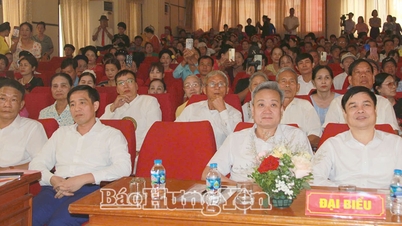



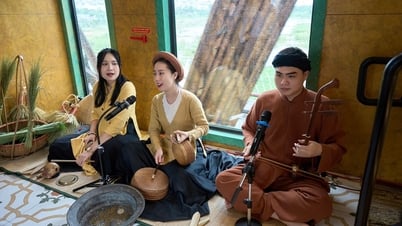



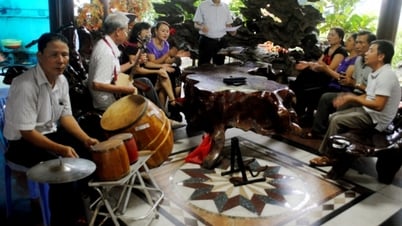

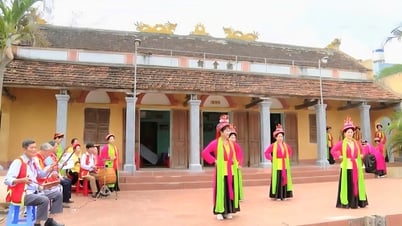






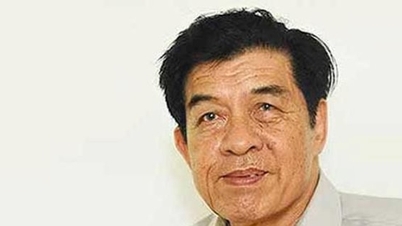











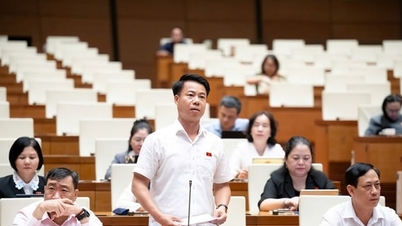
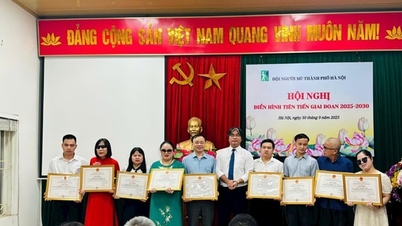
















































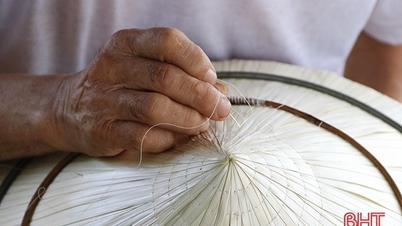




















Comment (0)